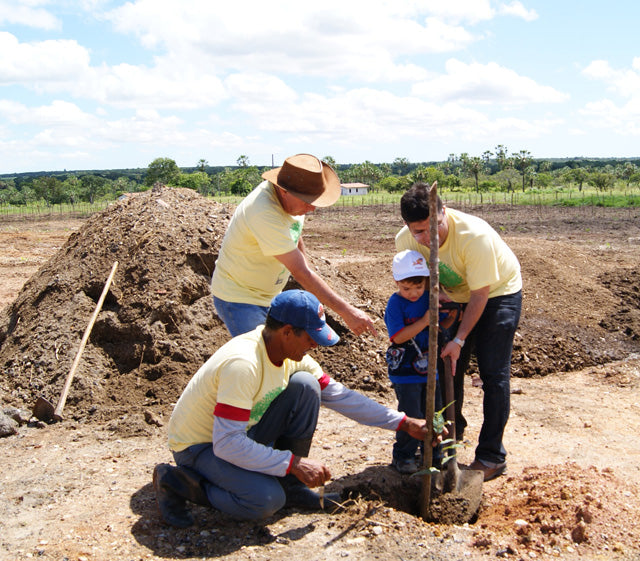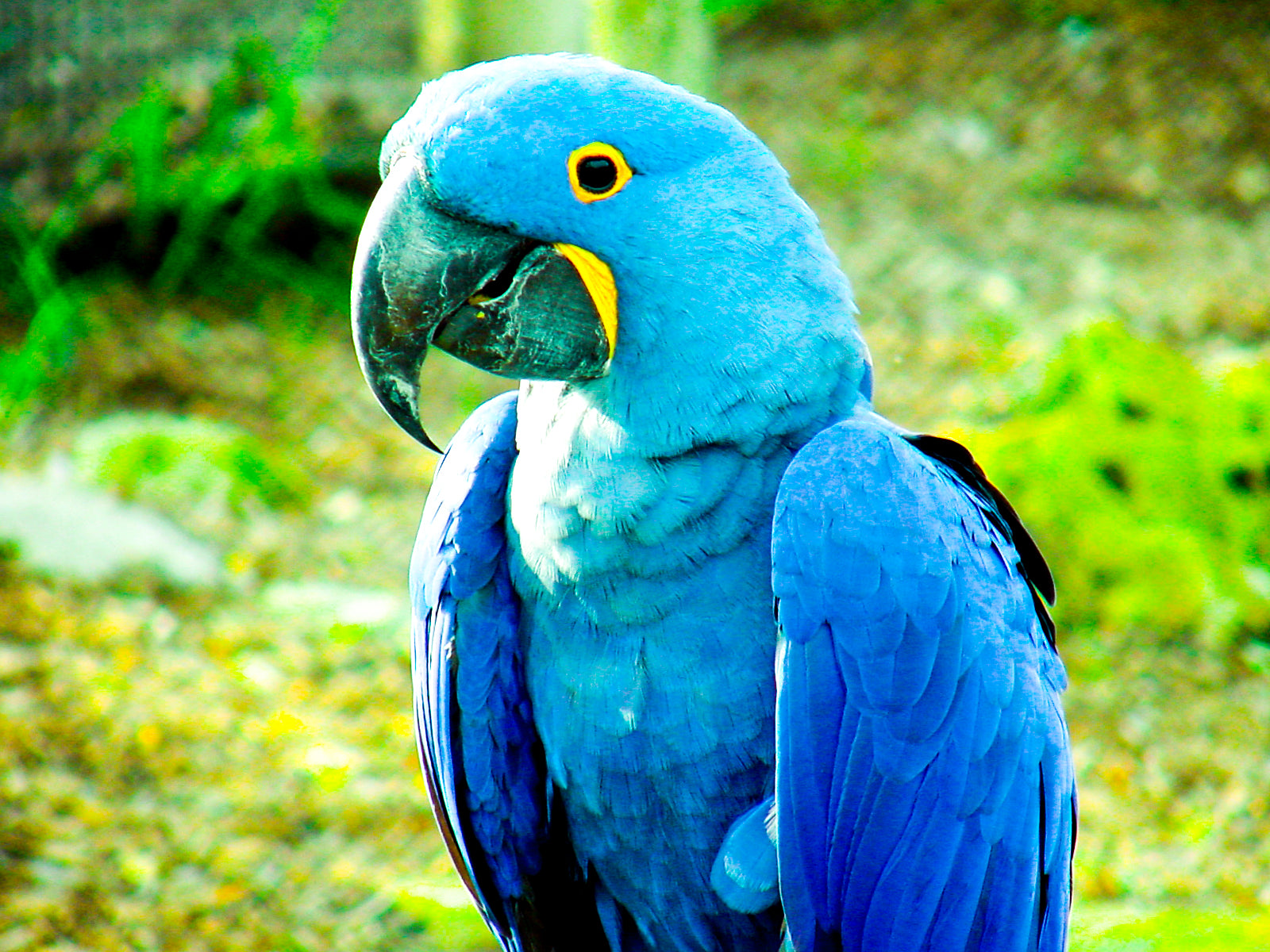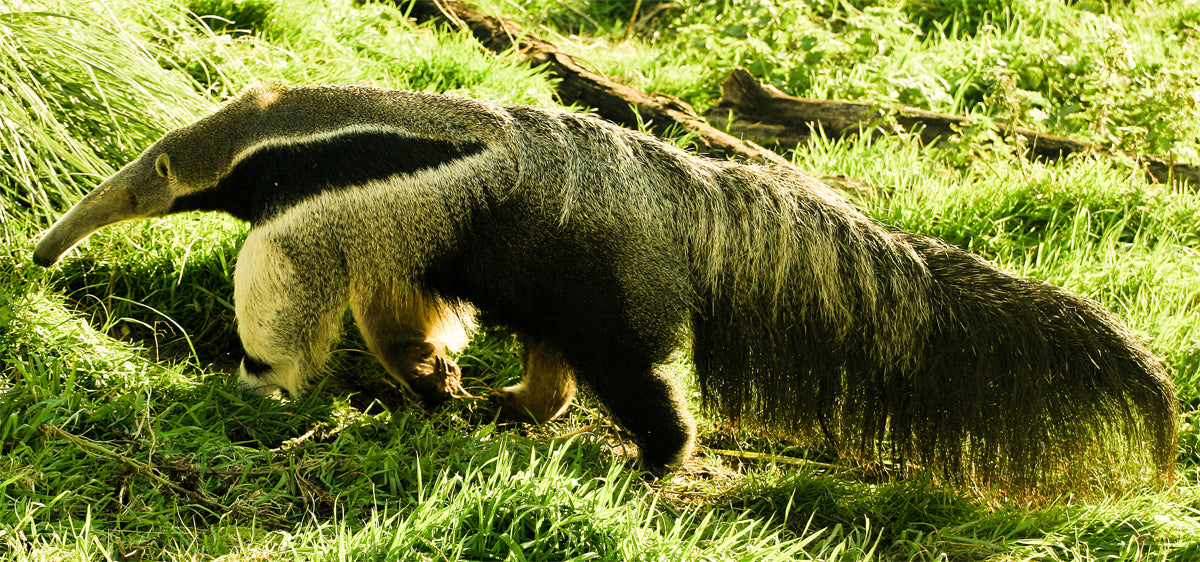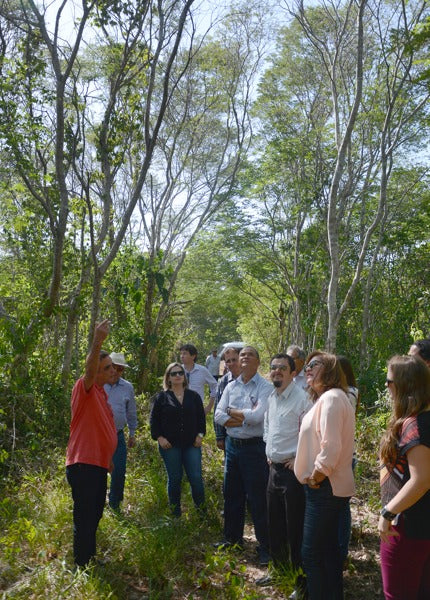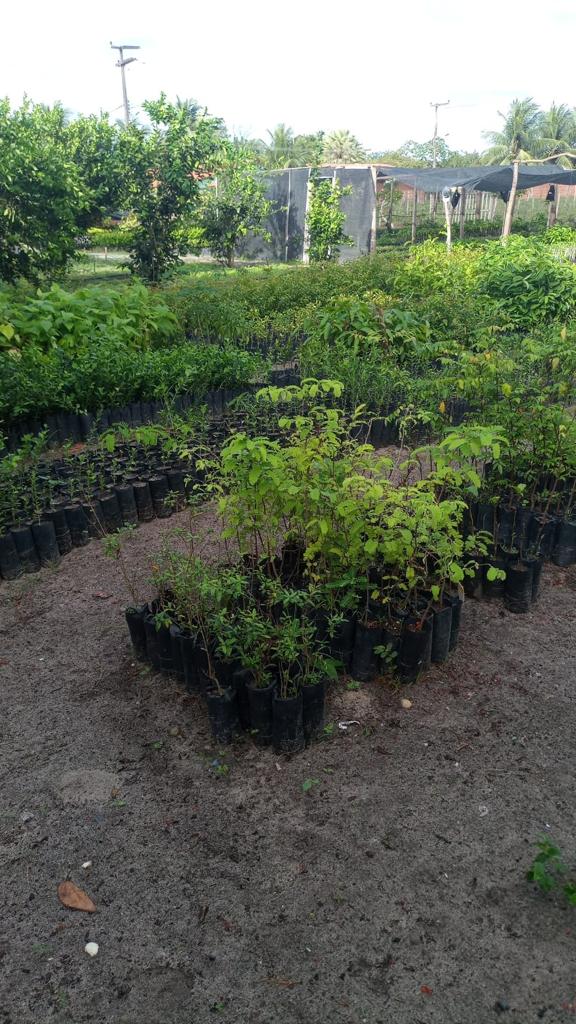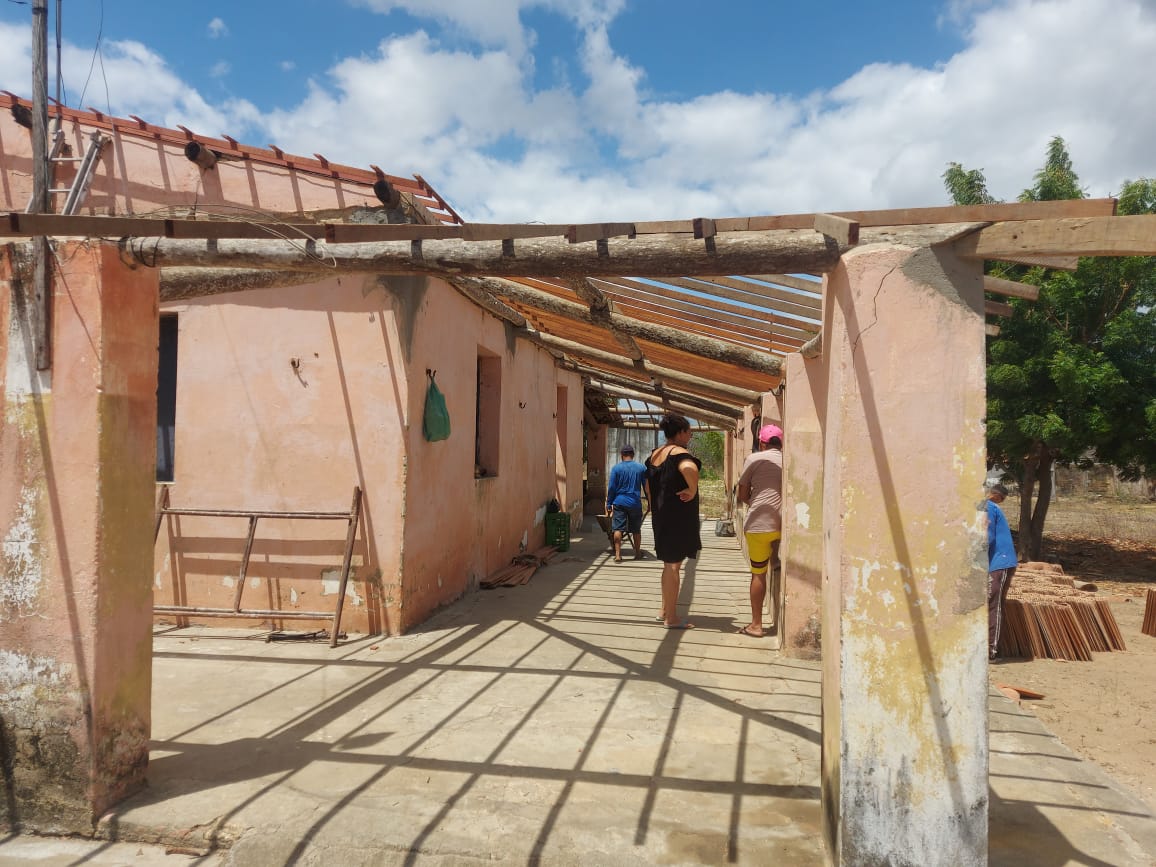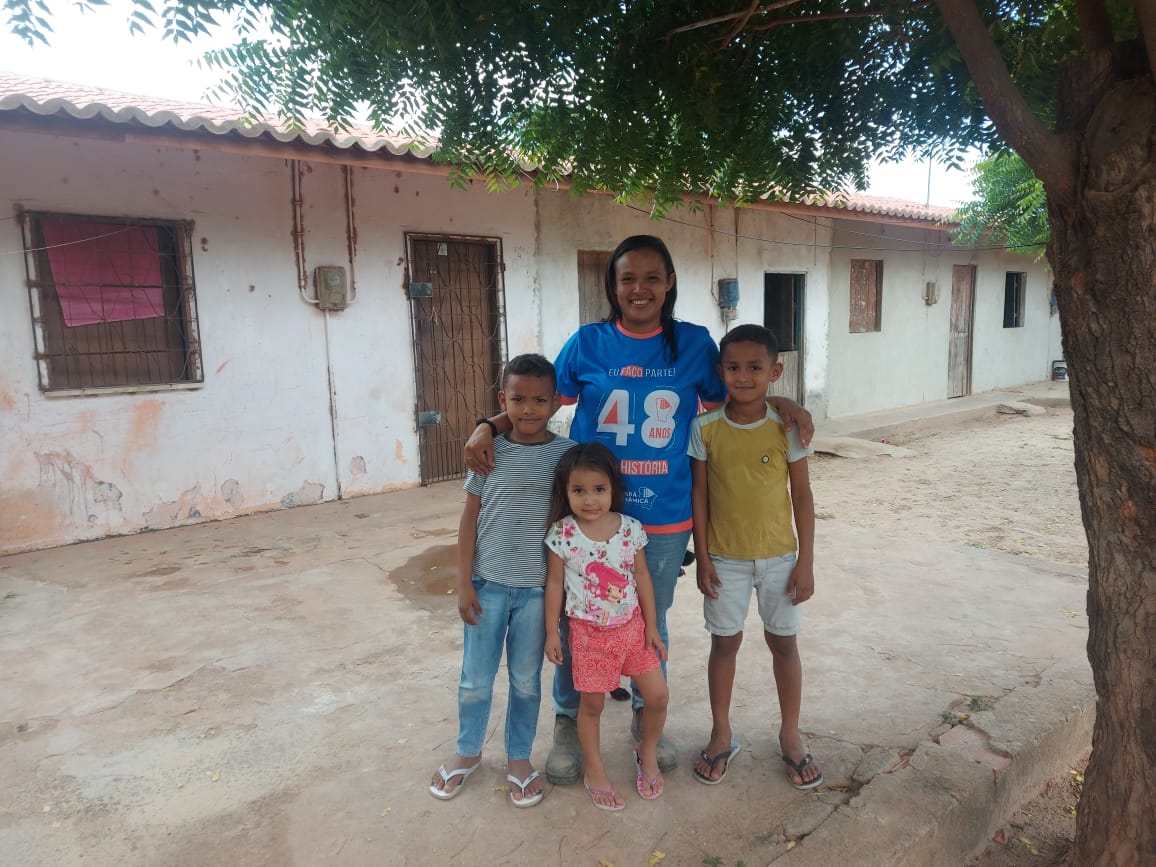Ceará Renewable Energy Project, Brazil
Ceará Renewable Energy Project, Brazil is backordered and will ship as soon as it is back in stock.
-
REGION: Brazil
PROJECT SCALE: Small
PROJECT TYPE: Biomass
PROJECT DEVELOPER: Sustainable Carbon - Projetos Ambientais LTDA
VINTAGES: 2017, 2018, 2019SDG IMPACTS: -


Decent Work & Economic Growth

Affordable & Clean Energy
SELLER
Sustainable Carbon - Projetos Ambientais LTDA
PROJECT SUMMARY
Based in a region prone to poverty and severe drought, this initiative tackles one of the major causes of deforestation in Brazil: illegal logging. Ceará is the first Gold Standard project in Brazil and is located in the Caatinga, an exclusively Brazilian biome, which occupies around 844,453 Km², around 11% of the whole country territory. Despite being rich in natural resources, the Caatinga is one of the most threatened ecosystems on the planet. In a region where the shortage of rivers leads to less access to electric energy, native firewood and charcoal account for 30% of the total energy utilised in the industries of the region, which has intensified the local deforestation.
The project has switched the fuel used by five ceramic factories from illegal firewood to agricultural and industrial residues. This biomass would have otherwise been discarded as waste, so the fuel switch not only transforms residues into something useful but also enables many local individuals to make a living - or complement their income – by supplying biomass waste directly to the factories.
Among the social and biodiversity initiatives supported by the project are the reforestation of an endemic palm tree (Copernicia prunifera), seedlings planting of native species in several locations surrounding the project, donations of food, fish, building material and housing construction for the rural community.
Furthermore, the project receives wastewater from a local beverage company to be used in its production process, therefore protecting natural resources by reducing water pollution discharges and the need for water to be removed from the natural habitat, a specially significant step for a region afflicted by severe droughts.
This project alleviates deforestation, avoids greenhouse gas emissions and promotes a more sustainable supply chain: it does this whilst also improving the livelihoods of local communities and employees. Making good better.
Project impacts and benefits:
- Biodiversity conservation: native seedlings planting and reforestation initiatives;
- Donation of food and fish to the community;
- Housing initiatives: donation of building materials and construction of houses for the rural community;
- Generation of income to local communities - so far USD 4,500,000;
- Improved working conditions to employees (219 employees);
- Increase of water availability to the community (the region is afflicted by severe droughts);
- Avoidance of deforestation - 1,750 ha of forest saved in the course of 10 years, the equivalent to 1,400 soccer pitches;
- Avoidance of GHG emissions – 50,536 t of CO2e avoided per year.
More information on this project can be found in the Gold Standard Impact Registry.
Vintages of credits: 2017, 2018, 2019
N.B. Individual vintages cannot be selected for purchase. Purchases will include credits from the vintage range stated.









